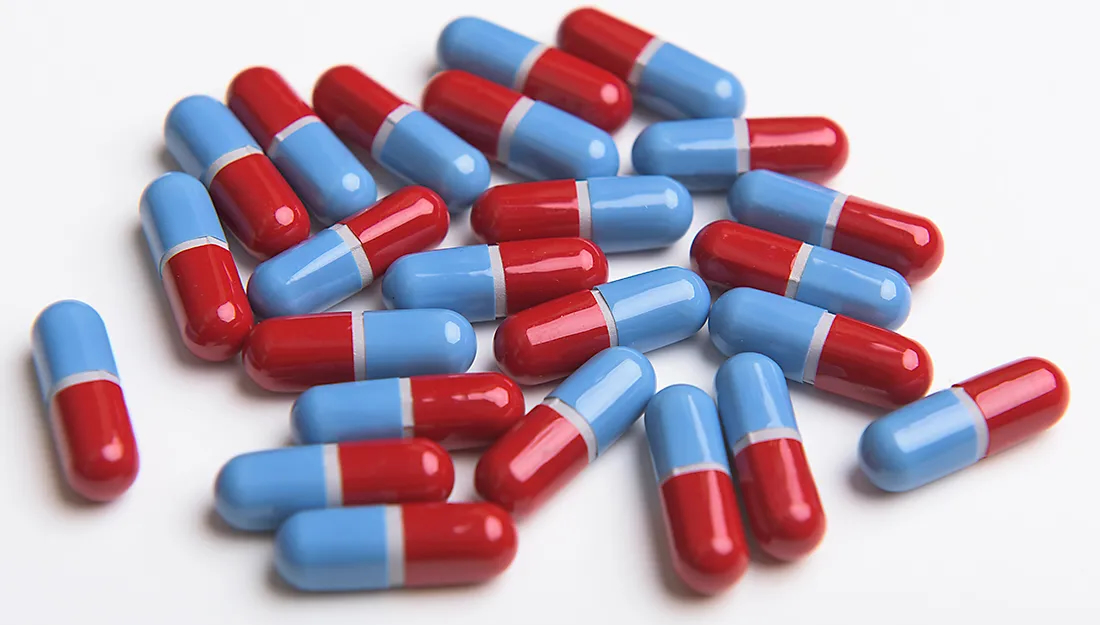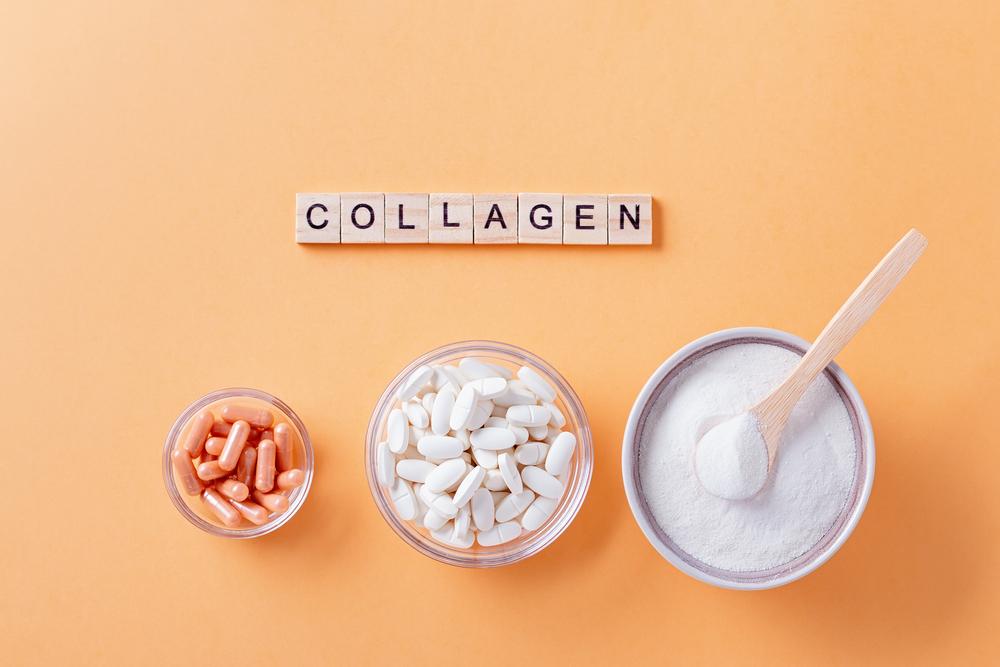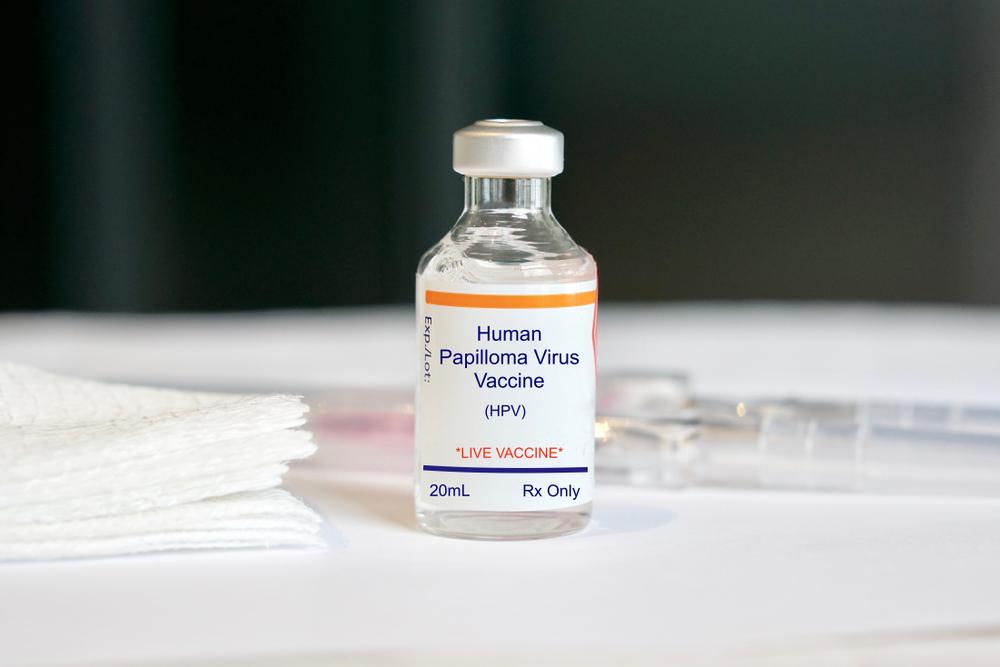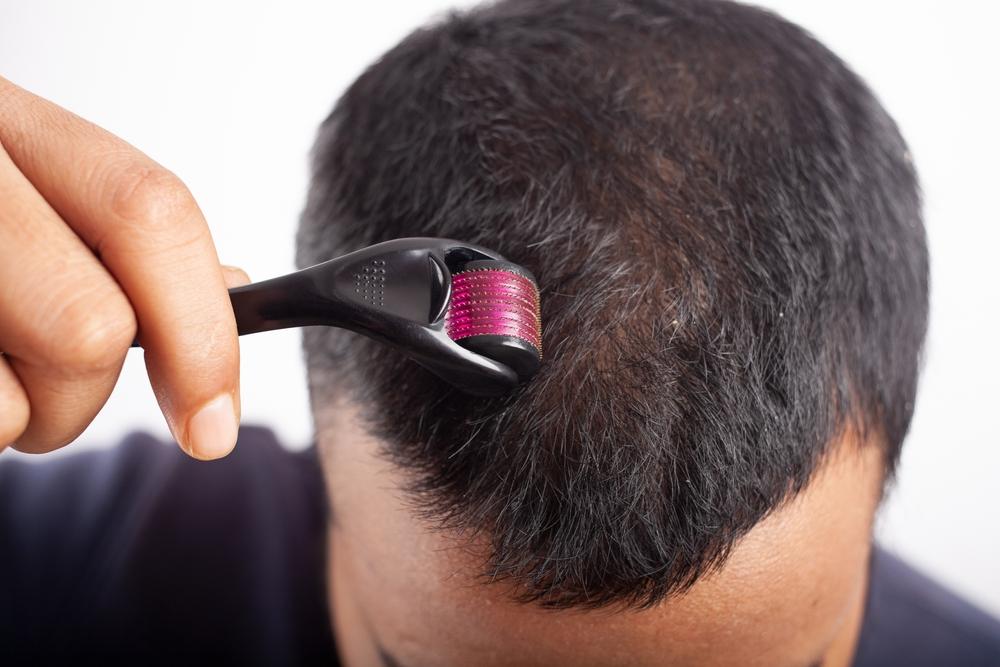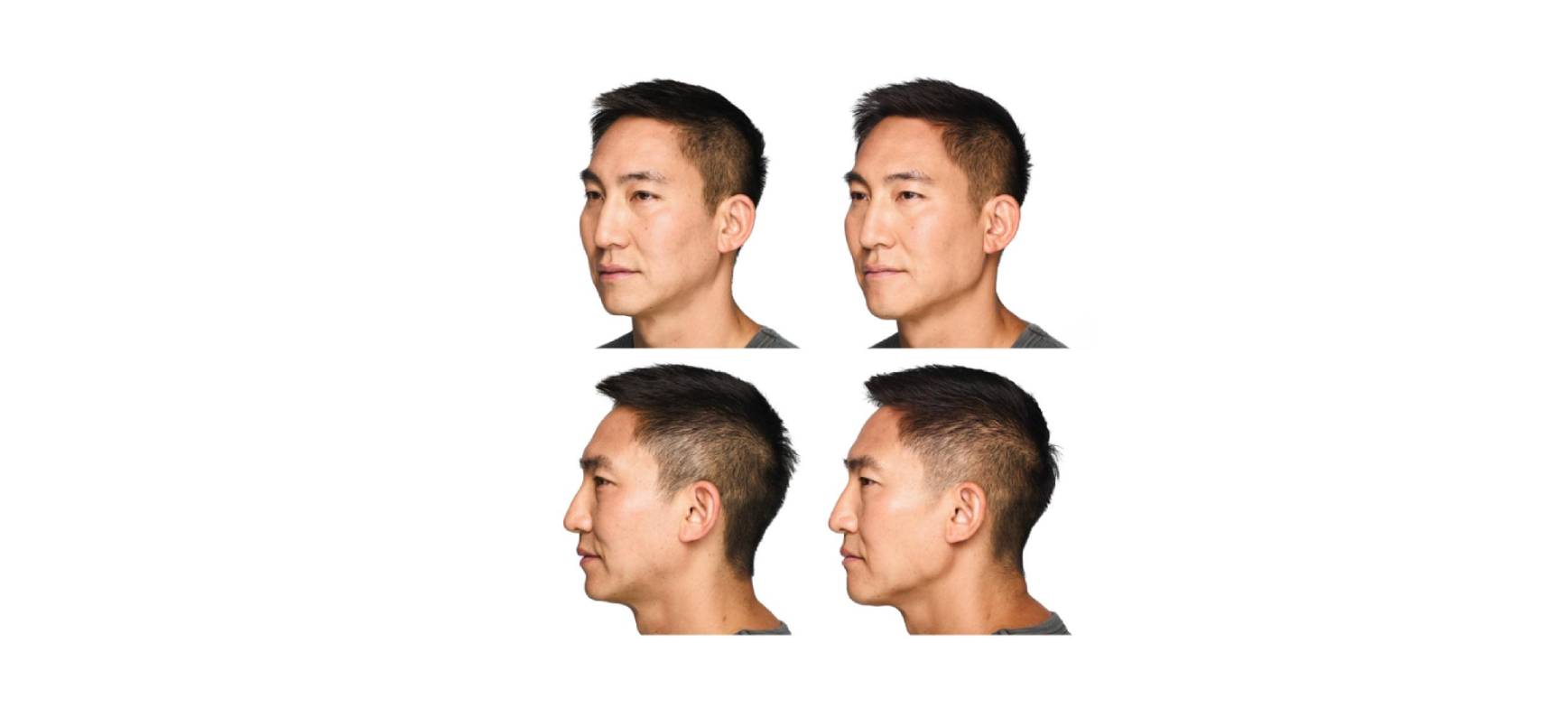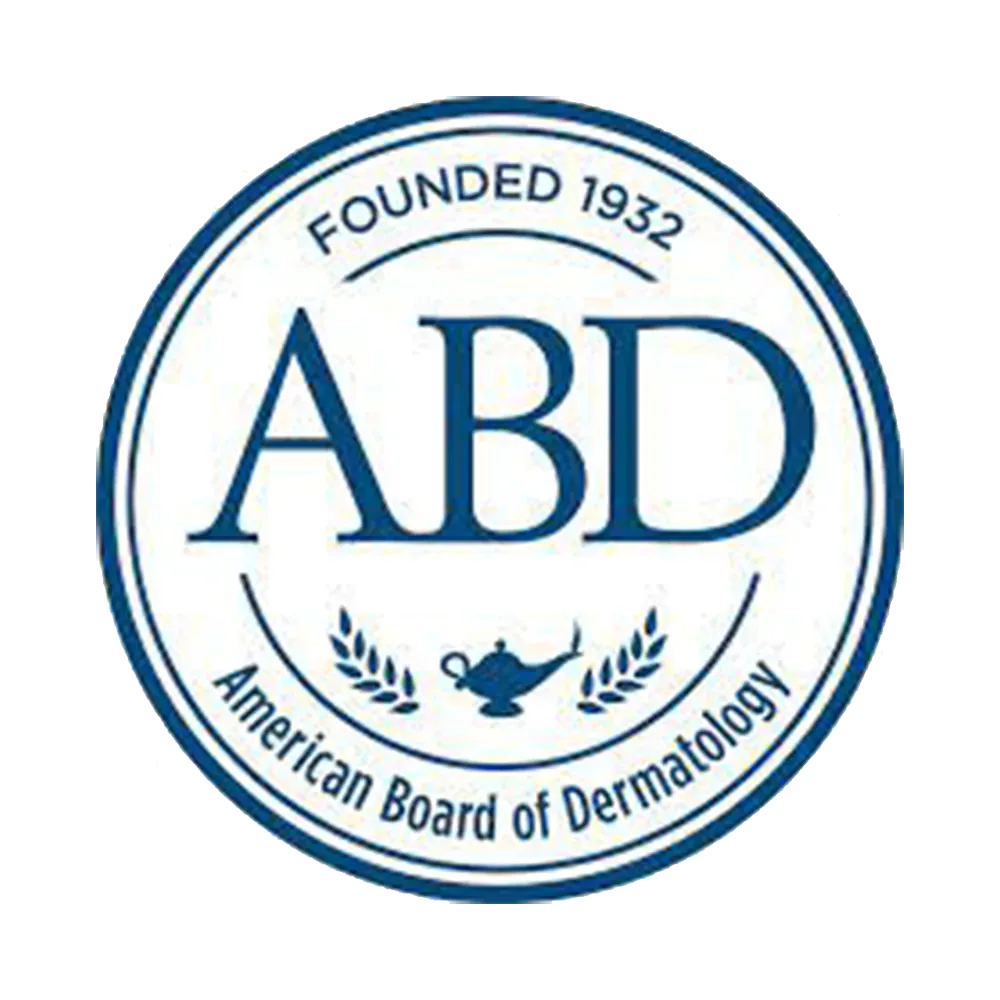Let’s face it; we’ve all heard the saying, “You are what you eat,” right? While you might be rolling your eyes (I get it; it’s cliché), there’s a kernel of truth in that oft-repeated phrase—especially when it comes to your skin. Between flashy headlines touting “skin superfoods” and eyebrow-raising promises of dietary miracles, it’s easy to get confused. So, let’s separate fact from fiction and dig into the complex relationship between your diet and your skin.
The Two Big Myths
First things first, there are two major myths that you should be aware of.
- Diet has no impact on skin conditions.
- Diet is the cause of all skin conditions.
The reality? Both are oversimplifications. Diet does play a role, but it’s part of a complex equation that includes genetic factors, environmental stressors, and other lifestyle choices Let’s not kid ourselves; no superfood is going to magically erase your wrinkles or cure your eczema. While diet can indeed help manage symptoms for some skin conditions, it’s crucial to remember that it’s just one piece of a larger puzzle. A comprehensive approach that considers genetics, lifestyle, and medical treatments is often more effective. So, before you go on a diet rampage, know what you’re getting into and manage your expectations.
What Does the Science Say?
When we look at evidence-based research, we see some interesting correlations. For example, a high-sugar diet and excessive dairy consumption can exacerbate acne. However, it’s not a one-size-fits-all situation. What may work for one person might worsen the condition for another. That’s why it’s essential to have personalized dietary plans for different skin conditions.
Atopic Dermatitis and Diet
In conditions like atopic dermatitis, there are reports of food exacerbating the symptoms. However, simply eliminating certain foods doesn’t cure the condition. It’s not a black and white issue; it’s more like a sliding scale depending on severity, timing, and other factors.
The Acne-Diet Connection
Acne is an area where diet seems to have a more substantial impact. Consuming heavy sugar and dairy can trigger or worsen acne symptoms due to increased hormonal activity. If you are struggling with acne, considering dietary adjustments alongside your medical treatment may offer significant benefits.
Food Triggers and Rosacea
Spicy foods, alcohol, and hot beverages are often cited as triggers for rosacea. However, even these can vary from person to person. Thus, it’s recommended to avoid a one-size-fits-all approach when managing rosacea with diet.
Lupus and Lesser-Known Culprits
In more complex conditions like lupus, dietary components like alfalfa sprouts could trigger symptoms due to their specific amino acid composition. As you can see, dietary history is crucial for effective management of skin conditions.
The Role of Diet in Hidradenitis Suppurativa (HS)
Recent insights suggest that dietary adjustments may benefit people with HS. A Mediterranean diet, known for its anti-inflammatory properties, can play a role in alleviating symptoms.
Vitiligo: Not Yet Cracked by Diet
The relationship between vitiligo and diet is still under study. While a gluten-free diet was shown to improve vitiligo symptoms in one case, more research is needed before making general recommendations.
Diet’s Role in Skin Aging
Finally, who doesn’t want to turn back the clock? While you can’t stop aging, certain diets rich in fruits and vegetables were associated with fewer facial wrinkles in women.
The Big Picture
Taking care of your skin is not just about slathering on creams and serums; it’s a multi-faceted approach that involves a balanced diet, proper skincare routine, and professional treatments.
The Journey to a More Confident You
The journey to a more confident you starts with one decision. That is the decision to get treated, why wait? At Sullivan Dermatology, we’re not just about treating your skin; we’re about treating you. So if you’re ready to make that change, we’re here to help you be your best.
If you have any concerns, don’t hesitate to reach out to us at Sullivan Dermatology. We’re here to make you your best!est!


